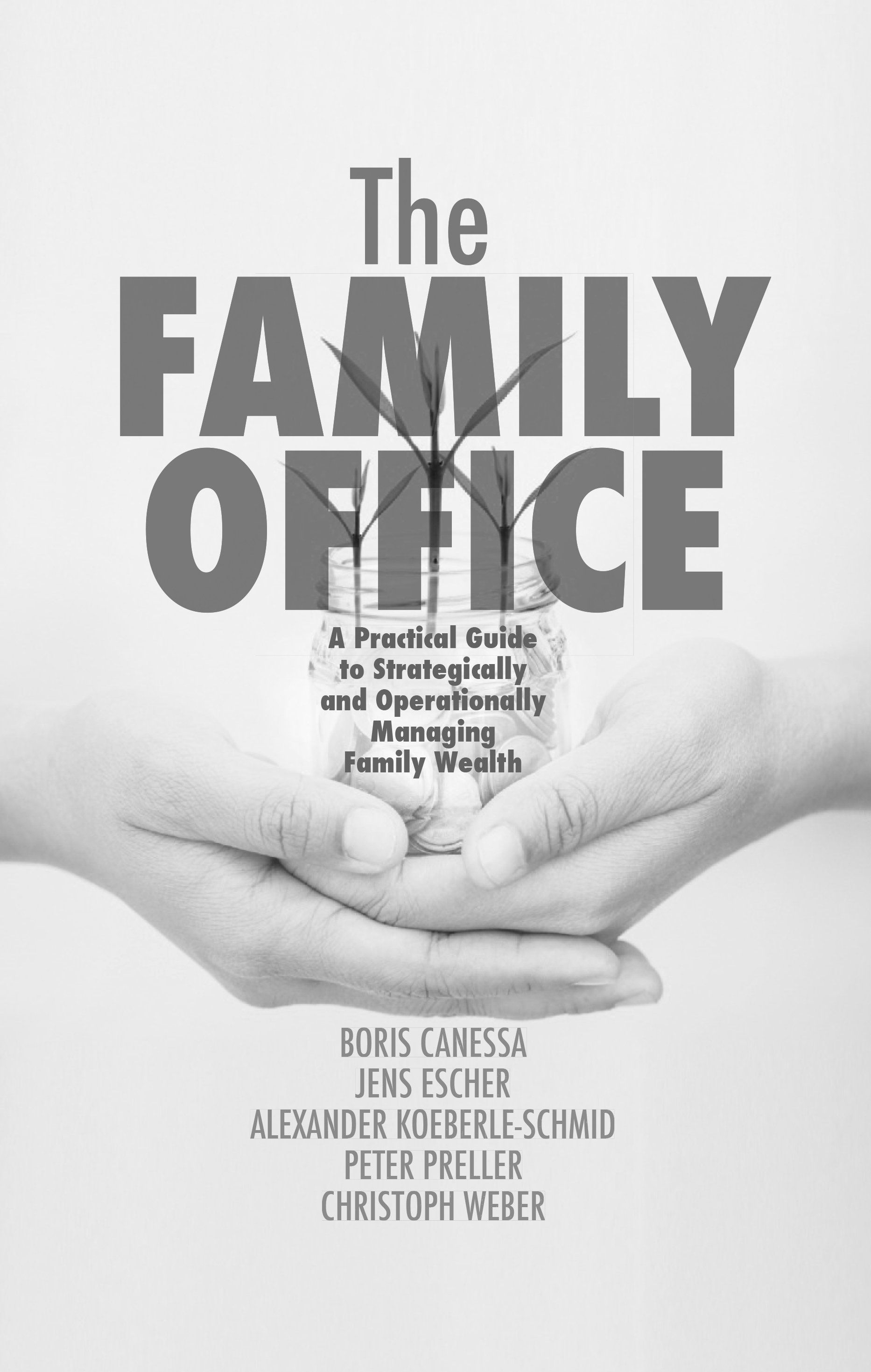Learning Through Conflicts
What you can do in conflicting situations

Imagine an entrepreneurial family with four children from two marriages. The father founded the highly profitable mechanical engineering company 45 years ago and passed away three years ago. Each of his four children holds 25 percent of the shares. Today the company has 600 employees and is present in seven countries.
The eldest brother, Adam, and the youngest, David (they are from different marriages and twelve years apart), argue about the company's strategic direction. The daughter, Betty, from the second marriage, is disappointed because she never got the chance to work in the company. And the middle brother, Clark, also from second marriage, wants to sell his shares because he wants to see his standard of living secured as an artist.
The importance of communication
Adam wants to run the business independently and alone. He sees no reason to change the company's strategy. He wants to continue the legacy of his father and it is important to him that the three half siblings follow his direction. David, who has many ideas to further develop the firm, regularly accuses Adam of having overslept the necessary changes. David wants to have an equal voice in the board of directors as Adam. They are both directors, but Adam has been working in the company for longer. David wants to revitalise growth and have his own area of responsibility.
As an outsider, Betty feels that the discussions between Adam and David are emotionally loaded. David told her: "Adam does not understand that we are in a strategy trap." Adam told her: "David wants to make everything new – but that will not work." She decides to call a mediator and asks Adam and David if they are willing to discuss the issues with the mediator’s help. She thought it is important for the family peace that Adam and David work together. On her side, her goal is to be more involved in strategic issues and she wants to get regular information about the development of the company.
Clark has been living in Manchester for years. He is an artist. His relationship to the company is primarily through his sister Betty. He depends on the firm and the yearly dividends. In the last few years, profitability declined and so the amount of dividends he received. Seeing his standard of living being threatened, he wants to sell half of his 25 percent share in the firm. He also wants predictability in the dividend payout.
Understanding interests and needs
Just like an onion, there are multiple layers of interests and needs behind someone’s position. Revealing and understanding them is crucial to resolve conflict. This is done by asking the right questions.
Adam has the need to be confident in continuing his father's legacy and working independently – he wants to be the boss. David feels the need to pursue his own path within the firm and to grow personally. For Betty, it is important that the family is not negatively affected by the business, that all family members stay together, and that she is informed and involved by the brothers. And Clark wants for himself a stable living and income from the firm – predictability is important to him due to the fact that his income from selling his art is not very stable – and primarily, he strives for individual fulfilment through his work as an artist.
Understanding different interests and needs can help you outline the necessary criteria for a solution that works for everyone. For the four siblings, a mutual solution should include:
- Stability in financial aspects
- Personal growth and independence
- Information and involvement
- Family peace
- Growing the family firm and continuing the legacy of the father
What you can do in conflicting situations
To get deeper into the layers, an external moderator or mediator can help. But there are some steps you can take even without external help:
- Ask questions to understand the other person’s perspective (motives, interests, reasons): What is behind the behavior? What is important to the person? Why does the person act like that? What does the person want to achieve? Why does the person want to achieve this or that?
- Practice active listening (listen to understand not to respond): In a conversation, firstly repeat what the other person said, check if you were right, and then answer and make your point.
- Try to be open to new ideas and perspectives: Have a curious attitude and try to think “What you are saying is interesting.” You do not need to agree with what the other person is saying, but you can try to understand the other person.
- Try to find out what the other person is lacking (certain needs not fulfilled): Remember that behind each reproach is an unfulfilled need. Ask yourself how you could fulfill this.
- Avoid personalising the issues: As soon as you leave the factual level and start arguing about relationships and personal issues, try to bringing the conversation back to the factual level.
- Take breaks in the discussions: Emotional discussions hardly lead to a good result. Take a break and continue in a new setting, surrounding, and if needed with the help of a third person.
This article has been published on February 6, 2019 on the IFB website.
About the IFB
– The IFB is the UK family business organisation. Our mission is to help family businesses remain successful for generations to come. We provide a safe space where they share their challenges and successes openly, for the benefit of the entire family business community. We know family businesses are the backbone of our economy and communities, and work closely with them championing their contribution and voicing their needs.
www.ifb.org.uk










